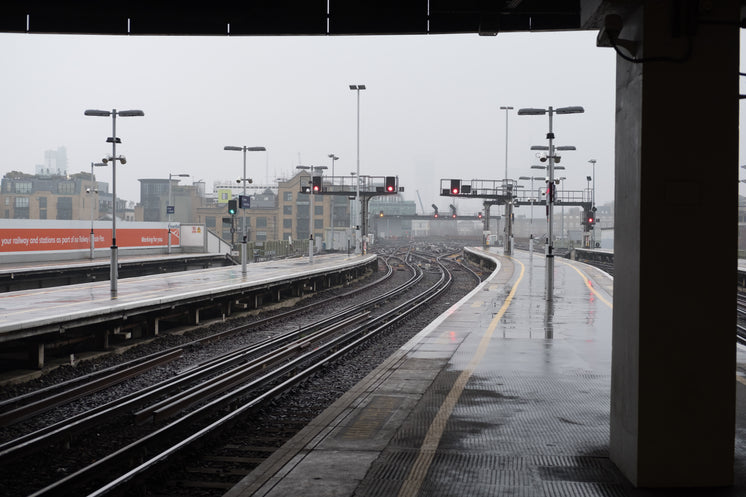
klarazec74681
About klarazec74681
Law courts in the UK play a crucial role in ensuring that justice is delivered fairly, impartially, and efficiently.
Another vital aspect of court duties is the enforcement of their rulings. Once a court has made a decision, it is responsible for ensuring that the ruling is enforced. This may include overseeing the payment of fines or compensation, enforcing child custody arrangements, or ensuring that individuals comply with court orders. Courts may work with enforcement agencies, such as bailiffs or police, to ensure that judgments are carried out effectively.
 In civil cases, legal aid is also available for those who cannot afford legal representation. This could include cases related to housing disputes, employment issues, debt recovery, or family matters. Family law, in particular, can be very complicated, and legal aid plays a vital role in ensuring that vulnerable individuals, including children, victims of domestic violence, and those going through divorces or custody battles, have access to proper legal support.
In civil cases, legal aid is also available for those who cannot afford legal representation. This could include cases related to housing disputes, employment issues, debt recovery, or family matters. Family law, in particular, can be very complicated, and legal aid plays a vital role in ensuring that vulnerable individuals, including children, victims of domestic violence, and those going through divorces or custody battles, have access to proper legal support.
Northern Ireland also has a separate legal system that closely resembles that of England and Wales but includes its own legal institutions. The Northern Ireland courts deal with both civil and criminal matters, and the top court remains the final court of appeal.
If you have any concerns about exactly where and how to use find local legal help in the UK, you can speak to us at our own web-site. For civil matters involving high value or complexity, cases may be referred to the High Court of Justice. The High Court is divided into three divisions: the Queen’s Bench Division (handling contract and tort cases), the Family Division (handling divorce and child custody), and the Chancery Division (handling business, property, and inheritance matters).
What sets England’s legal system apart is its reliance on common law—laws developed through judicial decisions rather than statutes alone. This means that judges not only apply the law but also interpret and, in some cases, create legal principles through precedent.
The Next in line, the County Courts deal with civil cases, such as contract disputes. They also handle family law cases, including divorce and child custody. Administrative duties in these courts include case management, scheduling, and ensuring that the court’s resources are effectively used. These courts also have specialized divisions to handle specific types of cases, like the family court and the small claims court.
Access to justice is a key issue in Wales, particularly in rural and post-industrial areas. Court closures in recent years have raised concerns about people having to travel long distances referrals for law firms legal proceedings. The digitalisation of court processes—accelerated during the COVID-19 pandemic—has improved accessibility in some respects, but digital poverty and infrastructure limitations remain challenges.
At the base level are the Magistrates’ Courts and County Courts. Magistrates’ Courts deal primarily with summary offences, such as traffic violations, shoplifting, and anti-social behaviour. These courts are usually presided over by a bench of magistrates—volunteer judges—or a single district judge.
In addition to these duties, courts must also ensure efficiency in the delivery of justice. Courts must manage case backlogs, avoid unnecessary delays, and ensure that cases are heard in a timely manner. Prolonged delays can lead to frustration for individuals involved in legal proceedings and can undermine confidence in the legal system. Courts have systems in place to prioritize urgent cases, such as those involving vulnerable individuals, and ensure that the legal process moves forward as efficiently as possible.
At the higher end of the court system, the Crown Court deals with more serious criminal cases, such as serious fraud and drug trafficking. The Crown Court’s administration is more complex, with a greater focus on managing jury trials and ensuring that both prosecution and defence have adequate time and resources to prepare their cases. The Crown Court is supported by various staff, including clerks, court officers, and legal advisors who assist judges in case management and procedural matters.
At the highest level of the judicial system is the Supreme Court, which has jurisdiction over constitutional issues, human rights cases, and appeals of significant legal importance. The administration of the Supreme Court includes coordinating case filings and judicial reviews. Given the importance of the Supreme Court in shaping UK law, its administrative team is highly specialized to manage the volume and complexity of the cases it handles.
How courts deal with young offenders is overseen by special Youth Courts, which operate separately from adult courts. These courts aim to focus on rehabilitation rather than punishment, and proceedings are less formal. Young people appearing in court are given additional support and may be referred to youth offending teams for interventions.
In recent years, there has been a move towards digitalisation within the UK court system. The goal is to improve the efficiency and accessibility of the courts by introducing digital systems for case filing, remote hearings, and case management. For example, the Ministry of Justice has implemented a number of digital tools that allow legal professionals and the public to interact with the court system online. These changes are designed to reduce delays in the legal system.
No listing found.